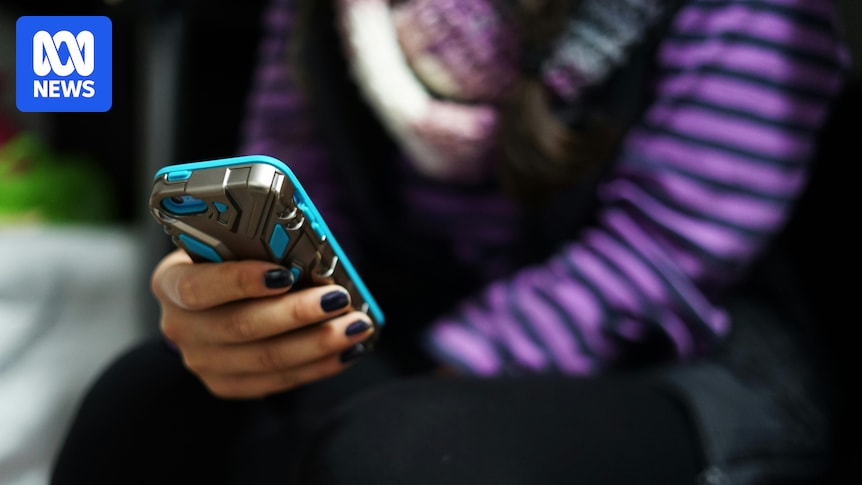
Police in Sydney are currently investigating alarming reports of digitally altered explicit images featuring the faces of female students being circulated online. This investigation was prompted after several families visited Eastwood Police Station on Wednesday evening to report the issue.
According to a police spokesperson, officers from the Ryde Police Area Command have initiated an investigation into the matter. “Inquiries are ongoing and there is no further information available at this time,” the spokesperson stated. The incident came to light when a male student, who received the images, reported them to his school, leading to parental involvement and subsequent police action.
School and Government Response
The Department of Education is actively collaborating with law enforcement to address this serious issue. A spokesperson for the department emphasized the significant risks deepfakes pose to student privacy and wellbeing. Acting Education Minister Courtney Houssos has been briefed on the situation and plans to discuss it with the Department of Education secretary and at a national education ministers meeting scheduled for Friday.
“These are deeply concerning reports,” Ms. Houssos remarked. “This isn’t a problem that we’re just facing in New South Wales, this is nationwide but it’s appropriate for police to be investigating this matter.” She further noted that schools reflect broader societal issues, underscoring the importance of addressing such challenges within educational environments.
Support measures are being implemented at the affected school to assist students and families during this troubling time. “These are really concerning allegations and we’ll make sure we get to the bottom of it,” Ms. Houssos assured.
Legal Context and Recent Legislative Changes
This investigation follows recent legislative changes in New South Wales aimed at combating the misuse of artificial intelligence in creating explicit deepfake images. Last month, the NSW Parliament passed amendments to the Crimes Act 1900, making it illegal to produce sexually explicit deepfakes of identifiable individuals without their consent. This offense now carries a penalty of up to three years in prison.
Attorney-General Michael Daley highlighted the necessity of these laws to counteract the evolving threats posed by technology, particularly within school communities. “These aren’t just creating cartoons. They are really harmful ways of acting that often happen to young people at schools,” he commented in September. Daley also pointed out the severe consequences such actions can have, citing instances where victims have been driven to suicide.
National Implications and Future Actions
The issue of deepfakes is not confined to New South Wales but is a nationwide concern. Federal Communications Minister Anika Wells has indicated that the government is preparing to address AI technologies, such as “nudify” apps, which facilitate the creation of such harmful content.
This development underscores the urgent need for comprehensive measures to safeguard individuals, particularly young people, from the detrimental effects of deepfake technology. As the investigation continues, authorities and educational institutions are expected to work closely to prevent further incidents and protect student welfare.
As this story unfolds, the focus will remain on how effectively these new legal frameworks and collaborative efforts between schools, law enforcement, and government bodies can mitigate the risks posed by deepfake technology.






